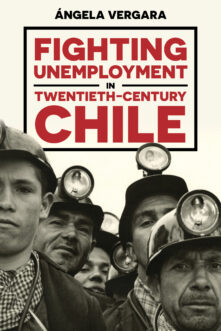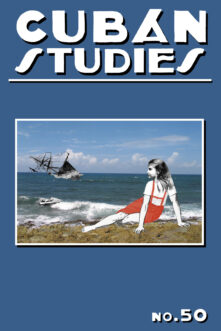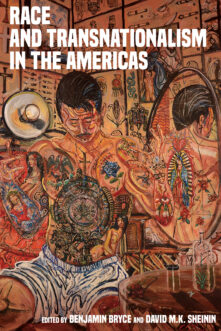Books
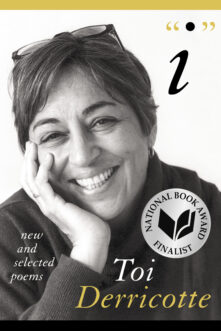
I
New & Selected
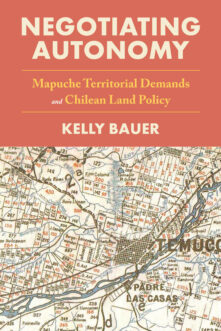
Negotiating Autonomy
Mapuche Territorial Demands and Chilean Land Policy
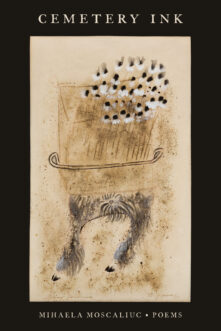
Cemetery Ink
Poems
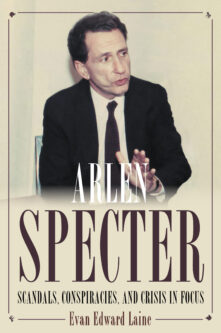
Arlen Specter
Scandals, Conspiracies, and Crisis in Focus
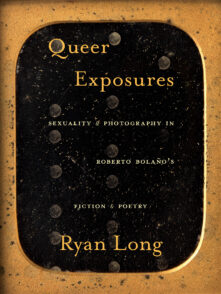
Queer Exposures
Sexuality and Photography in Roberto Bolaño’s Fiction and Poetry
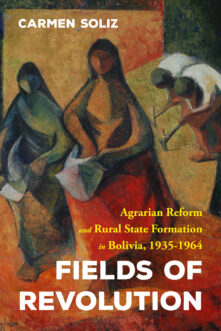
Fields of Revolution
Agrarian Reform and Rural State Formation in Bolivia, 1935-1964
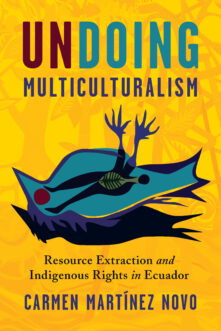
Undoing Multiculturalism
Resource Extraction and Indigenous Rights in Ecuador
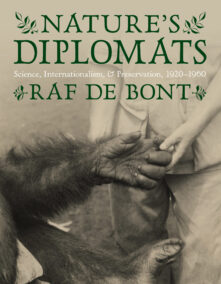
Nature’s Diplomats
Science, Internationalism, and Preservation, 1920-1960
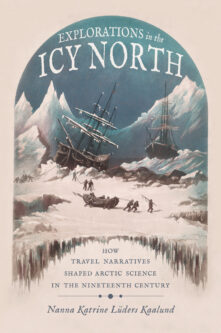
Explorations in the Icy North
How Travel Narratives Shaped Arctic Science in the Nineteenth Century
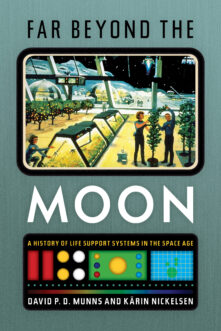
Far Beyond the Moon
A History of Life Support Systems in the Space Age
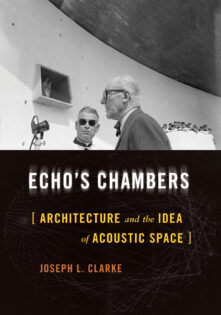
Echo’s Chambers
Architecture and the Idea of Acoustic Space
Total 1559 results found.


